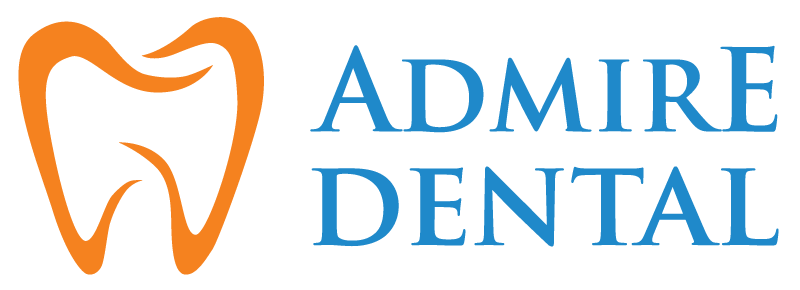At Admire Dental Southgate, we frequently encounter patients experiencing discomfort associated with TMJ (temporomandibular joint) disorder. This condition can affect your jaw joint and the muscles that control jaw movement, leading to a range of symptoms that can impact daily life. In this blog post, we delve into what TMJ disorder is, its common symptoms, possible causes, and the effective treatment options we offer.
Understanding TMJ Disorder
The temporomandibular joint acts like a sliding hinge, connecting your jawbone to your skull. Dysfunction in this joint can lead to pain and discomfort, collectively referred to as TMJ disorder. Understanding this condition is the first step towards finding relief.
Symptoms of TMJ Disorder
TMJ disorder symptoms can vary significantly but often include:
- Pain or tenderness in the jaw
- Aching pain in and around your ear
- Difficulty chewing or pain while chewing
- Aching facial pain
- Locking of the joint, making it difficult to open or close your mouth
- Clicking sound or grating sensation when opening the mouth or chewing
These symptoms can lead to discomfort during daily activities such as eating, talking, and even yawning.
Common Causes of TMJ Disorder
The exact cause of a person’s TMJ disorder can be difficult to determine. However, several factors may contribute to the muscle tightness and dysfunction that characterize this condition:
- Jaw injury
- Erosion or misalignment of the joint
- Autoimmune diseases
- Dental surgery
- Genetics
- Arthritis
- Excessive gum chewing
Stress and anxiety can also exacerbate symptoms, particularly if they lead to habitual teeth grinding (bruxism) or jaw clenching.
Treatment Options at Admire Dental Southgate
Non-Invasive Treatments
Most cases of TMJ disorder can be managed with non-invasive treatments. These include:
- Pain relievers and anti-inflammatories to reduce discomfort and swelling
- Muscle relaxants to ease muscle spasms
- Oral splints or mouthguards to alleviate pressure on the joint
- Physical therapy exercises to strengthen jaw muscles and improve flexibility
Lifestyle Modifications
In addition to medical treatments, making simple lifestyle changes can significantly relieve symptoms:
- Eating soft foods to reduce jaw strain
- Avoiding chewing gum and biting nails
- Practicing techniques to reduce stress, such as mindfulness and relaxation exercises
- Using heat or cold packs to alleviate pain and reduce inflammation
Advanced Treatment Options
For patients who do not respond to conservative treatments, more advanced interventions might be necessary:
- Dental correction to balance biting surfaces and alleviate stress on the TMJ
- Arthrocentesis, a minimally invasive procedure where fluid is injected into the joint to remove debris and inflammatory byproducts
- Surgery, as a last resort, which may include procedures to repair or replace the joint
Managing TMJ Disorder: A Comprehensive Approach
At Admire Dental Southgate, we take a comprehensive approach to diagnose and treat TMJ disorder. This begins with a thorough evaluation to identify the specific characteristics of your condition. We use state-of-the-art imaging technologies to assess the health of your jaw joint and surrounding tissues accurately.
Our team collaborates to create a personalized treatment plan tailored to your individual needs. We also provide guidance on home care strategies that can help manage symptoms and prevent future episodes.
TMJ disorder can be a painful and frustrating condition, but with the right approach, it is manageable. If you suspect you might be suffering from TMJ disorder, don’t wait for your symptoms to worsen. Contact Admire Dental Southgate today. Our experienced team is ready to provide you with the care you need to relieve your symptoms and improve your quality of life.
Understanding your condition and taking the right steps towards treatment can lead to significant improvements in your daily comfort and overall health. At Admire Dental Southgate, we’re committed to helping you achieve both.

